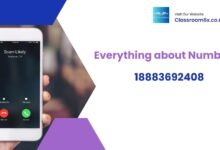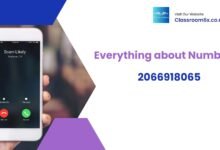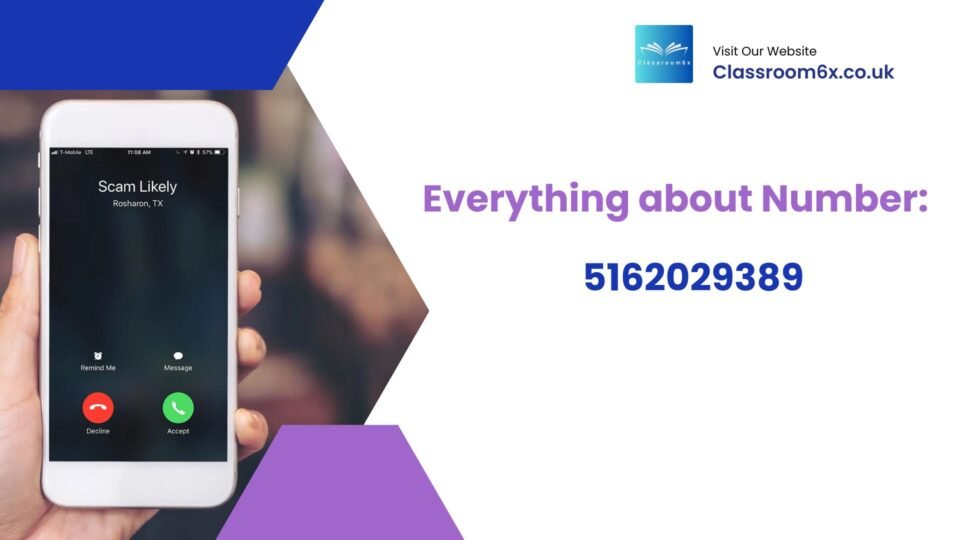
If you’ve recently seen 5162029389 pop up on your phone, you might be asking yourself: Should I answer this call, or is it another scam? The truth is, this number has been reported multiple times as suspicious, with many users flagging it as spam, robocalls, or telemarketing attempts. Let’s explore what you need to know about it and how to protect yourself.
Background on 5162029389
Where does the 516 area code come from?
The 516 area code is based in Long Island, New York, covering Nassau County. It’s a highly populated region, making numbers from this area frequently used by both local businesses and spoofers.
What do online reports say?
Lookup directories like Robokiller list this number as suspicious, with a growing number of complaints about unwanted calls.
Why people search for 5162029389
Most searches happen after receiving a missed call, where the caller leaves no voicemail. That pattern alone raises red flags — as legitimate companies usually identify themselves.
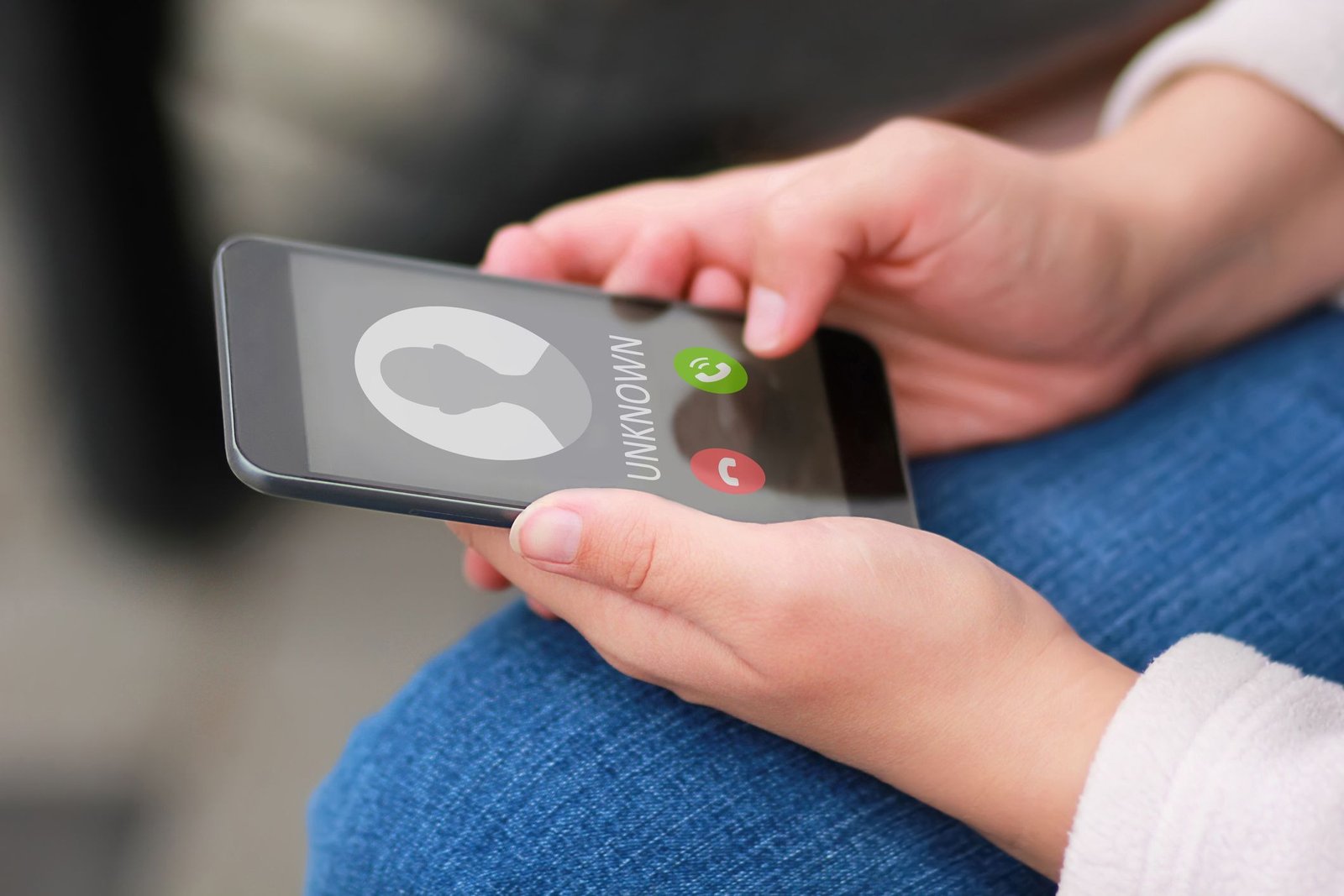
Is 5162029389 Trustworthy?
Red flags that suggest spam activity
-
Calls without leaving voicemails
-
Automated recordings or robocalls
-
Aggressive sales tactics
Could it be telemarketing?
Yes, many reports describe the number as telemarketing-related, pushing promotions or financial offers.
How to confirm legitimacy
-
Call the official business directly (if one is claimed).
-
Use tools like Whitepages to cross-check the number.
-
If uncertain, always let the call roll to voicemail before engaging.
Possible Reasons You’re Getting Calls from 5162029389
Telemarketing or promotional campaigns
This is the most common explanation — unsolicited sales pitches.
Debt collection or financial calls
Some users speculate it may be linked to debt collection attempts. However, legitimate agencies must identify themselves clearly by law.
Phishing attempts
There’s also the possibility that scammers are disguising themselves as banks, service providers, or even government agencies to steal personal info.
Wrong number or recycled lines
Sometimes numbers are reassigned, meaning you may get calls intended for someone else.
What to Do If 5162029389 Calls You
Best practices for handling unknown numbers
Do:
-
Let the call go to voicemail.
-
Verify the number online before responding.
-
Block and report the number if it’s spam.
Don’t:
-
Share sensitive info like banking details.
-
Call back immediately without confirming.
-
Press buttons in robocalls (this often confirms your line is active).
Blocking options for your device
-
iPhone: Recents → Info → Block this Caller
-
Android: Call Log → Details → Block/report spam
-
Apps like Hiya and Truecaller automatically block known spam numbers
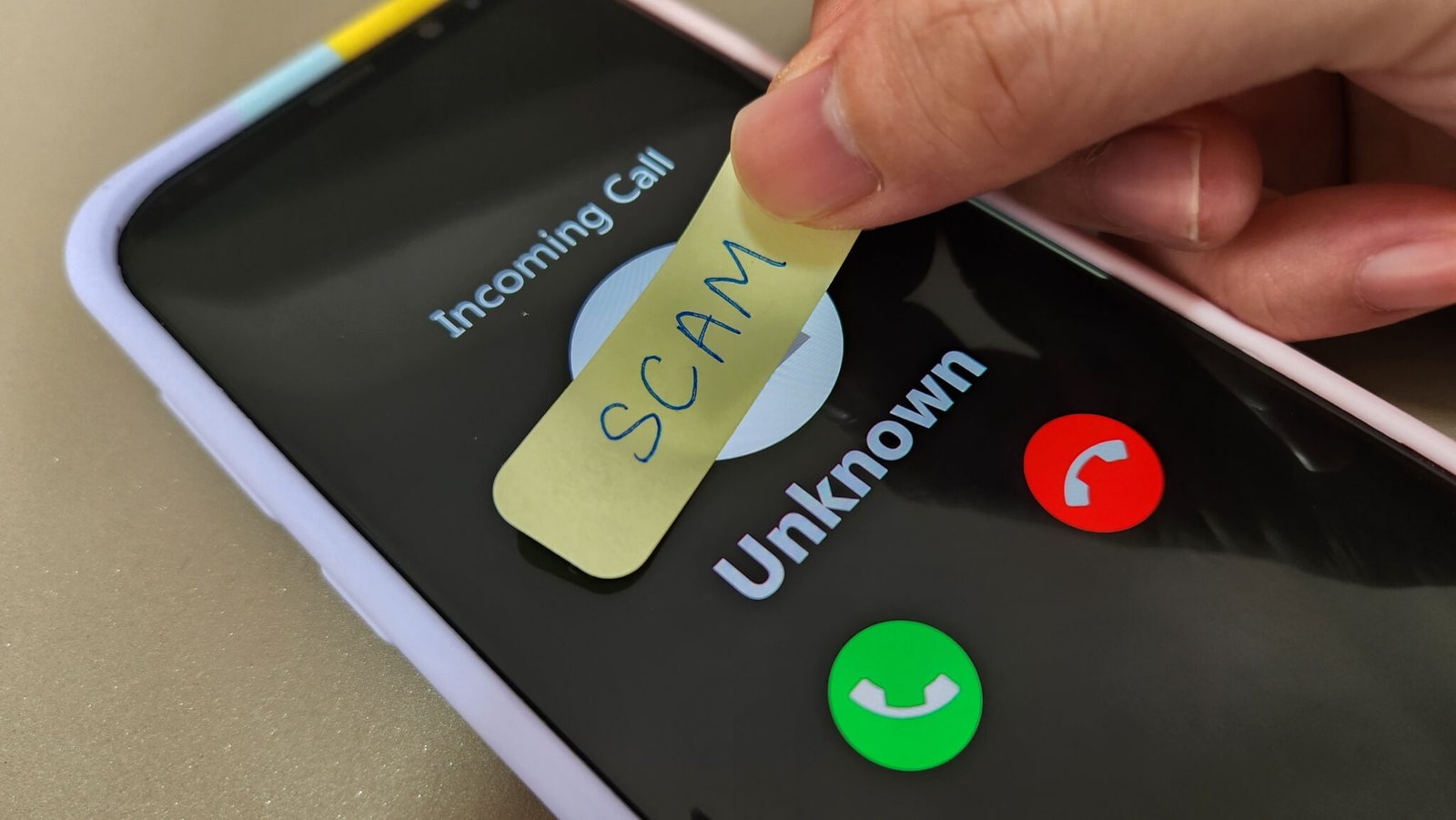
Protecting Yourself from Future Spam Calls
How to recognize a scam instantly
If someone asks for payment through gift cards, wire transfers, or cryptocurrency, it’s a scam.
Practical steps for safety
-
Never trust caller ID alone — numbers can be spoofed.
-
Enable two-factor authentication on sensitive accounts.
-
Regularly check your credit report at AnnualCreditReport.com.
Recommended call-blocking apps
-
RoboKiller – blocks spam and scams automatically.
-
Truecaller – identifies unknown numbers instantly.
-
Hiya – offers real-time spam detection with carrier integration.
Read more:
- 516-288-9758 Caller Lookup – Spam Alert or Real Business?
- 516-202-9389 Phone Number – Legitimate Caller or Spam Risk?
Final Thoughts
At the end of the day, 516-202-9389 is most often flagged as a spam or telemarketing number rather than a verified business line. While it’s possible the call is harmless, the safest approach is to let it go to voicemail, block the number if needed, and report it if you suspect fraud. Protecting your personal information is always the priority.
FAQs About 5162029389
1. Who owns 516-202-9389?
No verified business has claimed this number. It’s largely reported as spam.
2. Is this number tied to a legitimate company in New York?
There’s no confirmed link to a real business in Long Island.
3. Should I call back if I missed a call from 516-202-9389?
No. Calling back may confirm your number is active and lead to more spam calls.
4. Can scammers spoof this number?
Yes, caller ID spoofing is common. A scammer may use this number even if it’s not theirs.
5. How can I prevent more calls like this?
Use spam-blocking apps, register with the Do Not Call Registry, and avoid answering unknown calls.



